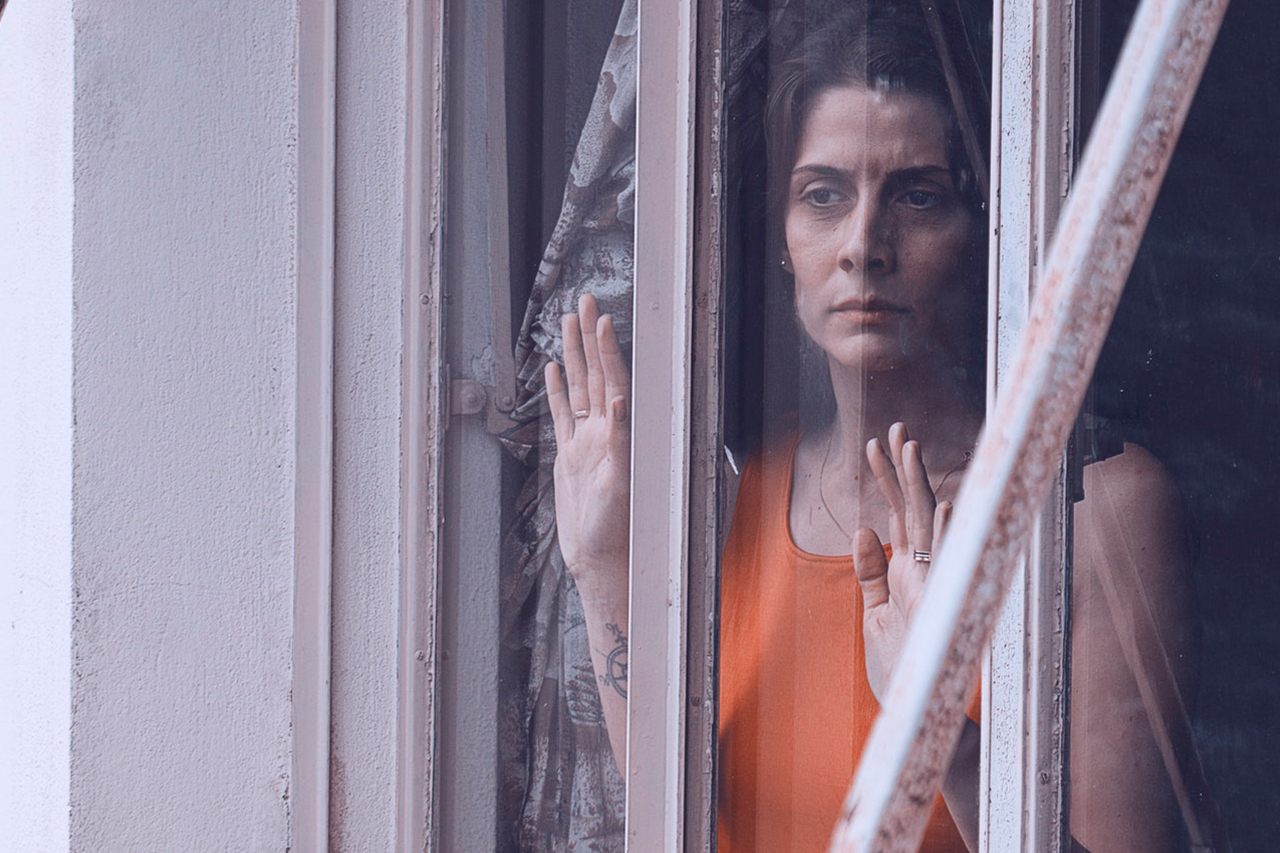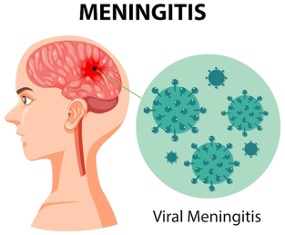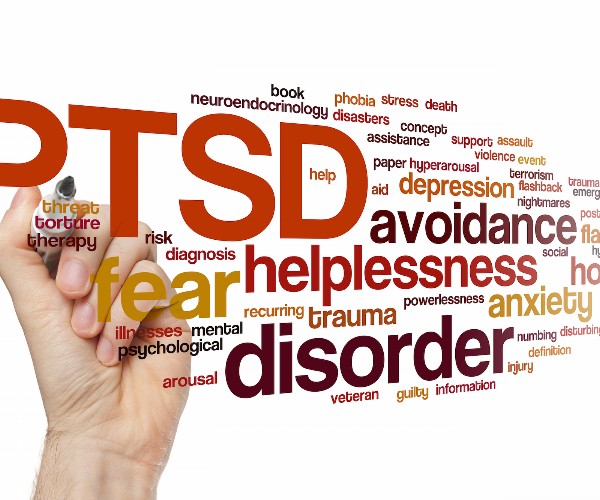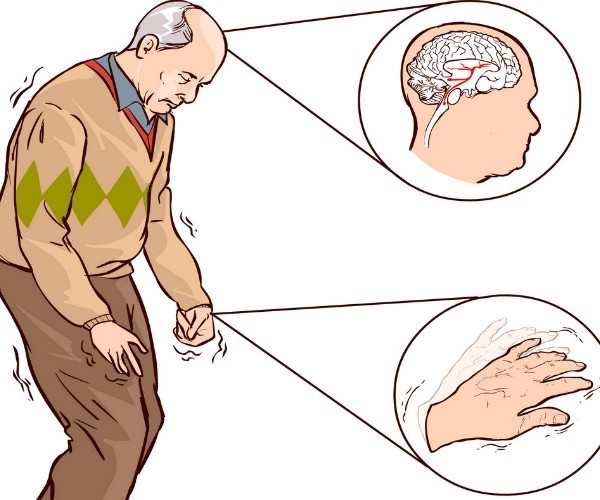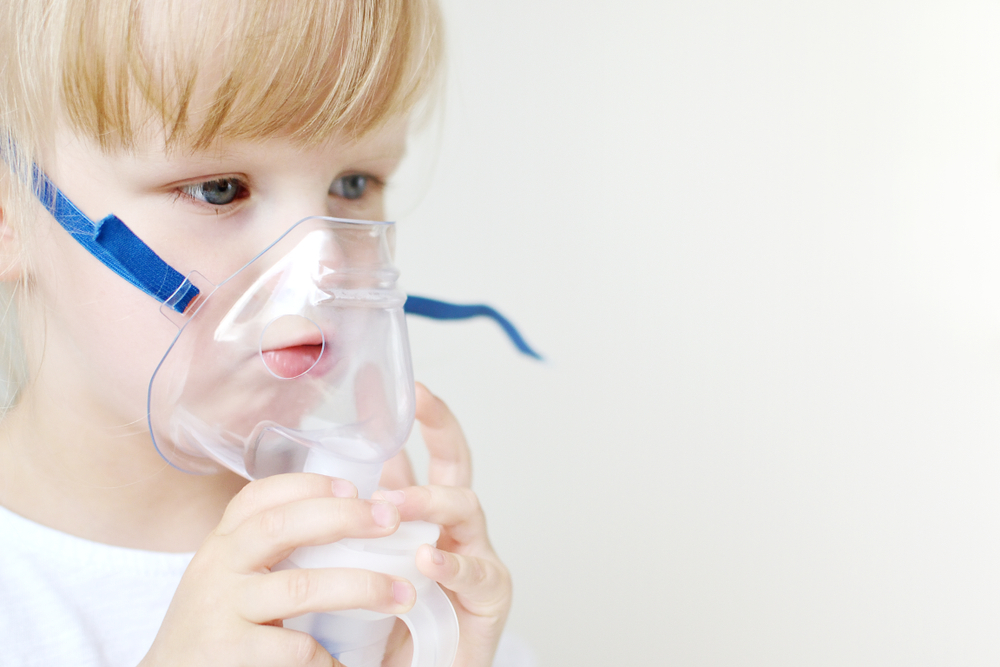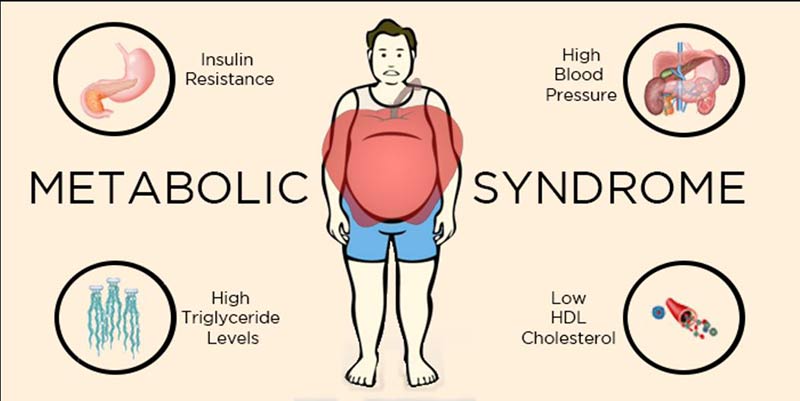Parents, teachers, janitors, doctors, sports coaches, as well as subway passengers or spectators in a movie theater, we are all adults in different roles. But precisely all of us, as adults, are different from the young people around us and have an inescapable function toward them, which we call precisely the adult function. This function is very important for the proper growth of individuals in the period of the adolescence, who approach at this age a period of profound changes, both physical but also and above all behavioral and relational, and it is precisely this delicate phase that, in addition to affecting the adolescent principalemnte, also affects and has effects on the life of the adults.
Adolescence
In common parlance, adolescence is referred to as the age of crisis. In fact, the word crisis itself comes from the Greek word krisis, which means separation, rupture but also opportunity. Indeed, for the individual, adolescence is a time of fervent work, the time of great works and the occasion for substantial restructuring. However, this work touches not only the adolescent but also other members of his or her social system such as parents and teachers. As in all times of great change, one is forced to confront the unknown, the abandonment of familiar and reassuring ground (such as that of childhood), the experience of loneliness and the risk of error. In fact, the adolescent has the task of acquiring his or her own bodily, personal, gender and social identity, as well as combining a sense of belonging with the need for autonomy, typical of that age.
The tasks of the adult
Throughout this journey, as we have already mentioned, the figure of adults also comes to the fore. Among the various tasks to be completed by the adult in coming alongside the young person during adolescence are: acceptance of the “mourning” of the child, now giving way to an individual totally different in appearance and behavioral characteristics; accepting the possibility of risk and of error, due to the delicacy of the growth path; accepting and containing children’s disinvestment; adjusting parent-child relationships to allow for mutual separation. Contextual to these tasks, the adult must offer the adolescent adult role models, characterized by intentionality, responsibility and consistency ( which must also be required of the adolescent himself), as well as offer well-defined boundaries and differences (gender, generational, skills, sexual identity, judgment).
These are very important social practices for the balanced growth of the individual, who must gradually develop and acquire very well delineated role models by which to approach the society around him.










